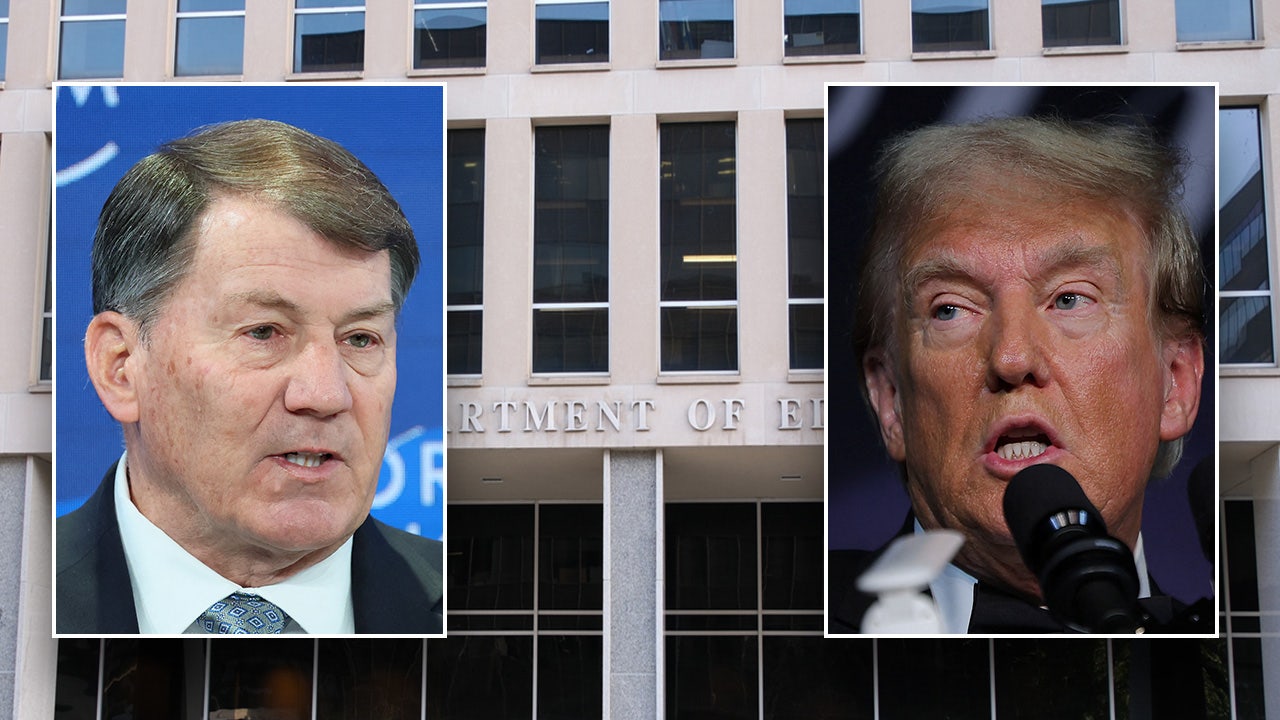GOP senator debuts bill to abolish Education Department following Trump campaign promise

Republican Senator Mike Rounds has introduced a new measure to abolish the Department of Education, following President-elect Donald Trump’s suggestion to do so during his 2024 campaign trail. The bill, titled the “Returning Education to Our States Act,” aims to transfer the responsibilities and programs currently administered by the Education Department to various other departments.
During his presidential campaign, Trump expressed his intention to close down the Department of Education and return education control to the states. Senator Rounds’ bill aligns with this vision, emphasizing the importance of local control in education. He stated, “The federal Department of Education has never educated a single student, and it’s long past time to end this bureaucratic Department that causes more harm than good.”
With an incoming Republican trifecta in Washington, D.C., and Senator Rounds’ bill, Trump may have the congressional approval needed to dismantle the Education Department. The plan outlined in the bill involves reallocating Native American education programs to the Department of Interior, transferring loan and grant programs to the Department of Treasury, overseeing disability programs through the Department of Health and Human Services, managing career programs under the Department of Labor, and assigning responsibility for the Fulbright-Hays Program to the State Department.
This move comes after Trump announced his intention to nominate Linda McMahon, former CEO of World Wrestling Entertainment (WWE), as the Secretary of Education. The bill signifies a significant shift in education policy, aiming to decentralize control and empower states and local authorities to make decisions that best serve their students.
As the debate over the future of the Department of Education continues, Senator Rounds’ bill represents a bold step towards redefining the role of the federal government in education. It remains to be seen how this proposal will fare in Congress and what implications it may have for the education system in the United States.




